Aug
01
2014
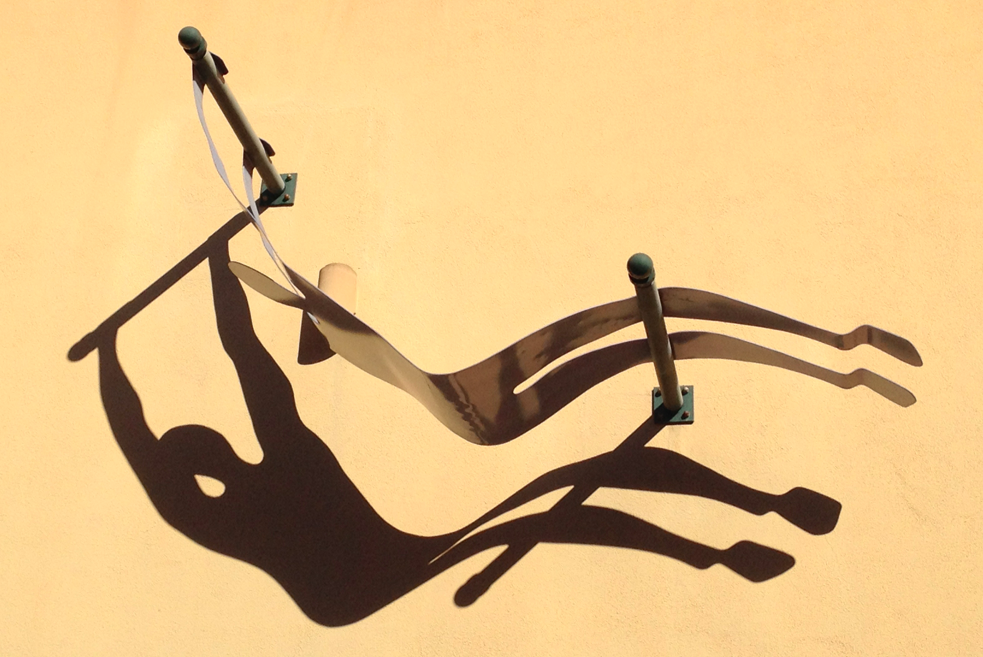
SOUPS, the Symposium on Usable Privacy and Security, was in Silicon Valley this year: it was held on the campus of Facebook. The number of papers submitted this year was an all time high, and the number of people registering hit the room limit of 200. Another first this year was that the proceedings were published by Usenix, the Advanced Computer Systems Association. They are available free from the Usenix SOUPS 2014 site.
Jul
01
2014
For those of us who spend lots of time doing it, programming is an intense activity. And an intensely human activity. Despite this being experienced since the days of Babbage and Lovelace, little attention has been devoted to this aspect, but an important exception is the annual Psychology of Programming Workshop, held this year in Brighton, UK. I have followed this workshop from a distance for many years, and this year I was invited to speak: I enjoyed it very much and I hope to attend again. From a perspective of HCI, it always occurs to me that programming systems quickly push beyond the capacity of the models we normally adopt: programming requires immense investment, and the invisible and dynamic complexity remains a formidable challenge for human capabilities. I was especially pleased to have time to chat with Thomas Green, who has influenced my work since I came across his book Human Interaction with Computers (shown above) in a Cambridge bookshop in 1979. It was one of the first books on HCI, before that term was coined, and it addressed many issues which remain challenging today.
May
09
2014
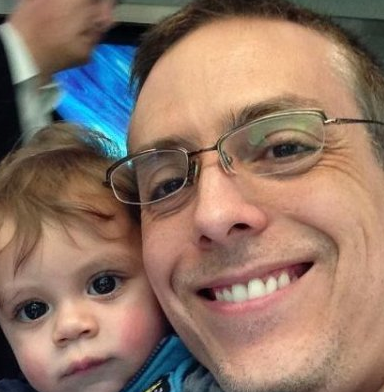
2014-05-09, 11:38 AM
Today, Stevenson successfully defended his MCS (Master of Computer Science)
thesis.
Congratulations Stevenson!
Robert Biddle
Apr
25
2014
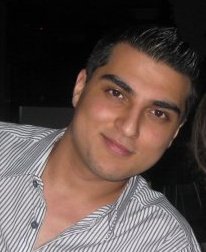
2014-04-25, 6:26 PM
Today, Shuja successfully defended his MASc (Master of Applied Science)
in HCI thesis!
Robert Biddle
Mar
01
2014
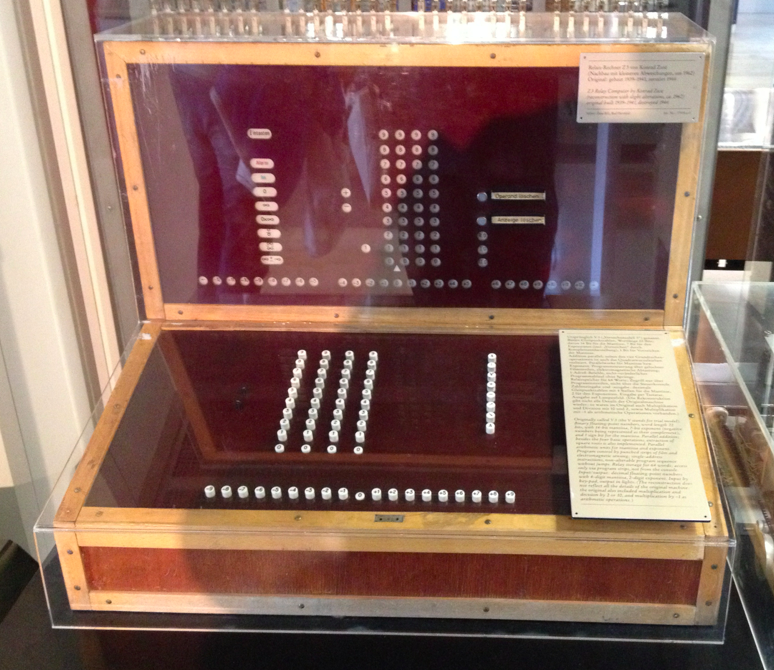
This year I was invited to give a presentation at OOP in Munich. OOP has been running for many years, and has grown beyond Object-Oriented Programming (OOP) but kept the name. It has a strong industry orientation, but I found it much different than industry conferences I have attended in North America: there seemed to be less hype, and a more professional attitude. Most sessions were in German, and many in English. I gave presentations on Human Factors in Computer Security, and also on Cultural Issues in Software Development. I also had time to walk around Munich and visit several museums. I was especially impressed by the Deutsches Museum and was pleased to see the extensive exhibit of the early computers of Konrad Zuse (Z3 shown above.)
Oct
14
2013
We are pleased to announce that our book on surface computing has now been published by Morgan&Claypool.
The book is a survey of the area, especially linking the technology of surface computing to the domain of analysis work. This is one of our main current research areas, and the book documents our starting position.
Robert Biddle
Oct
01
2013



Schloss Dagstuhl is a computer science research centre in the Saarland, Germany. In September there was a seminar on Live Coding: typically electronic music improvised and programmed live. It made me want to run away and join the circus. The key idea is that live coding is an experience in programming that is common, and exciting, but seldom discussed or supported.
Robert Biddle
Aug
14
2013

Sunset over the University of Calgary in July 2013; and soon sunset over ISSNet.
For the past 5 years, ISSNet has been a big part of our lives. ISSNet is the NSERC Strategic Research Network on Internetworked Systems Security, and it was a real networking and research success. Through ISSNet, we made connections between many of the researchers in computer security across Canada, and built a community that will last a long time. But ISSNet itself is ending, and its 5 year term is done at the end of 2013. To start the process of moving on, we held a summer event in July at the University of Calgary. Normally the ISSNet summer events were “summer schools”, and featured background sessions on all the kinds of work involved in contemporary practical security research. But this year we looked forward, and held one day each on the perspectives from the government, academic, and industry sectors. The students held extra sessions to round out the week. It all worked well, and reinforced the feeling that there is a strong spirit of collaboration that lightens the challenges in this kind of work. What will come after ISSNet? Some plans are already hatching: one is the VENUS effort. But more will unfold in the months ahead: the real legacy of ISSNet is the ongoing community it built.
Robert Biddle
Jul
17
2013


The SurfNet 2013 Workshop was at the University of Calgary again this year. We had the usual updates on research around the network, and interactive displays for our industry partners. The display space was in the wonderful Taylor Family Digital Library, which despite its name is a real bricks’n’mortar facility, but full of space and displays for digital media. We borrowed a multi-touch table, and showed our tool for collaborative security analysis, ACHW. It’s based on the “Analysis of Competing Hypotheses” technique, but with touch interaction and visualizations for collaboration, structured walkthrough support, and seamless persistence across multiple devices, all using HTML5.
Jun
17
2013



GRAND is the Canadian network on Graphics, Animation, and New Media. Our annual conference was in Toronto this year, right downtown beside the CN tower at the Toronto Convention Centre. We shared the space with Canada 3.0, a large annual digital media event. For GRAND, this was a transition time: we hope to renew our network in 2014, so there were many discussions about what kind of metamorphosis to propose. For our project on usable privacy and security, we decided on literacy as our new theme: literacy about the technology, the law, and about what actually happens out there.

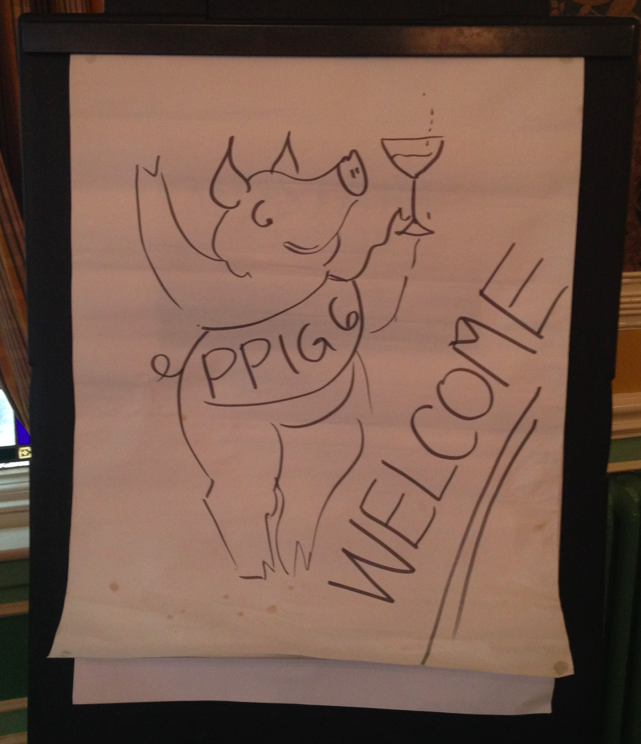
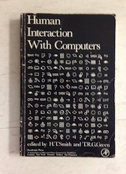
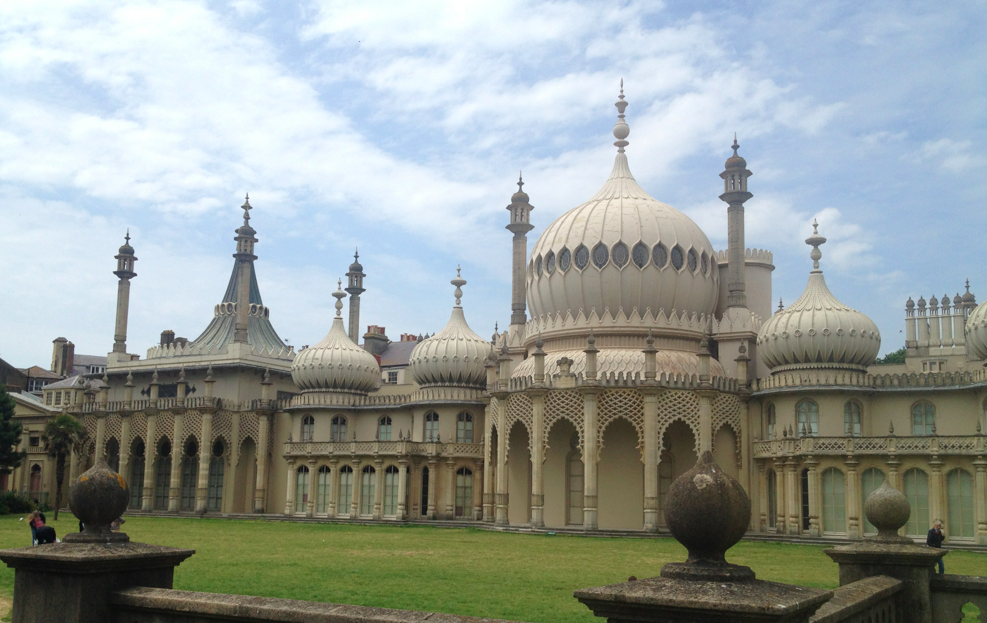



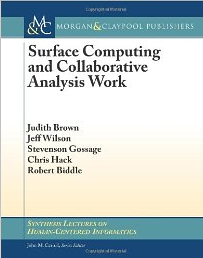
 , by
, by 







